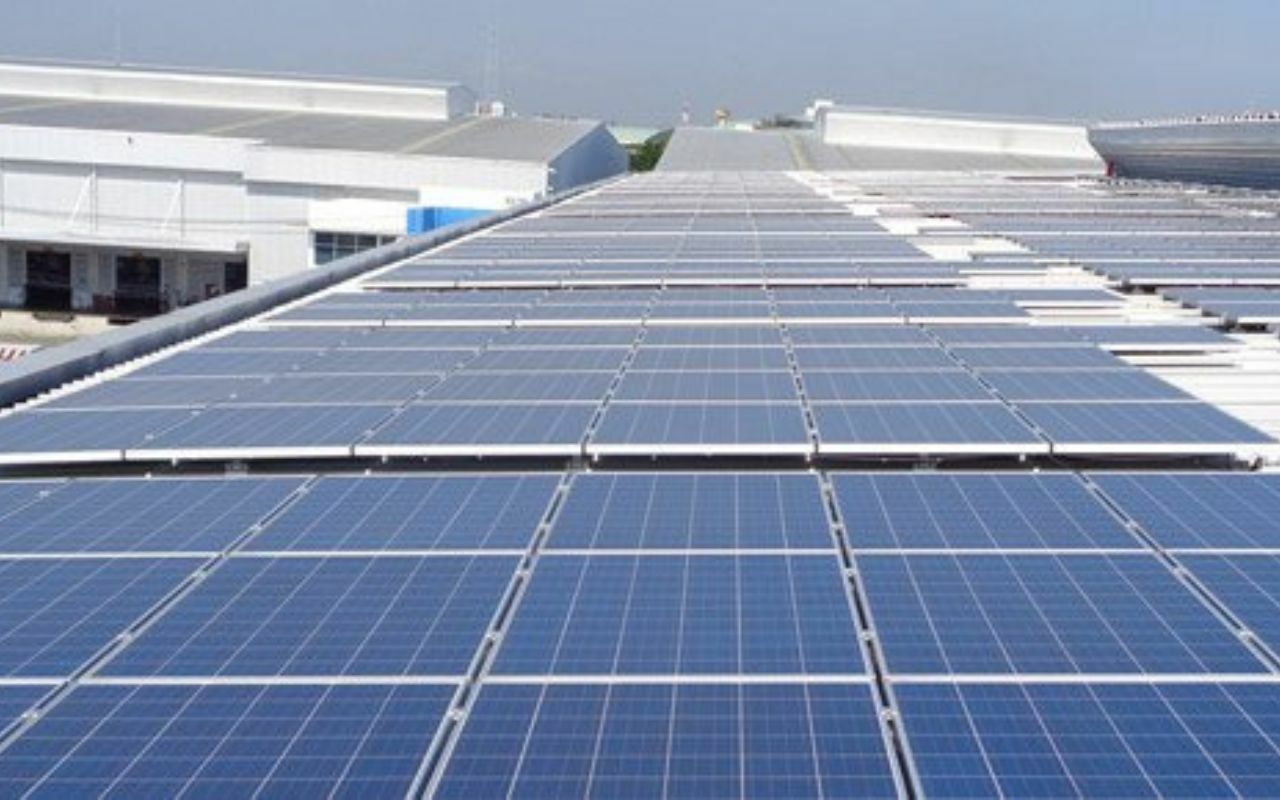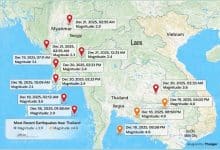WHAUP eyes Vietnam wind, solar assets to meet rising energy demand

WHA Utilities and Power (WHAUP), a subsidiary of Thailand’s largest industrial land developer and operator, is set to acquire wind and solar power generation facilities in Vietnam with a capacity of 50-100 megawatts. This move aims to capitalise on the increasing energy demand in the country. The acquisition is expected to be finalised by the end of the year, according to Chief Executive Somkiat Masunthasuwun.
The new assets will enable WHAUP to expand its operations in Vietnam under the nation’s eighth national power development plan (PDP 8). The plan offers investors the opportunity to establish both fossil and renewable fuel-based power plants, with a total capacity of over 150 gigawatts.
“Most of the new capacity in PDP 8 will come from wind power. We will not lose this business opportunity,” said Somkiat.
He also mentioned that the company anticipates a 150% increase in total revenue by 2027, reaching 7 billion baht, up from the estimated 2.8 billion this year. This growth is attributed to efforts to combat climate change. WHAUP’s businesses in both Vietnam and Thailand are expected to play a significant role in generating revenue.
Between 2023 and 2027, the company plans to allocate 18.5 billion baht to support its power and water businesses. In 2022, WHAUP’s power generation capacity from gas and coal-fired power plants, hydropower generation, and rooftop solar power reached 699MW. The capacity is projected to increase to 740MW this year, driven by the rooftop solar panel and solar farm businesses.
Under the 5.2GW renewables scheme overseen by the Energy Regulatory Commission, WHAUP is also preparing to develop solar farms with a combined capacity of 125MW.
Regarding its water business, the company expects a 15% increase in total water sales this year, reaching 168 million cubic metres, up from 145 million cubic metres in 2022. Sales in Thailand are anticipated to reach 135 million cubic metres, while sales in Vietnam are projected to reach 33 million cubic metres, reports Bangkok Post.
Latest Thailand News
Follow The Thaiger on Google News:


























